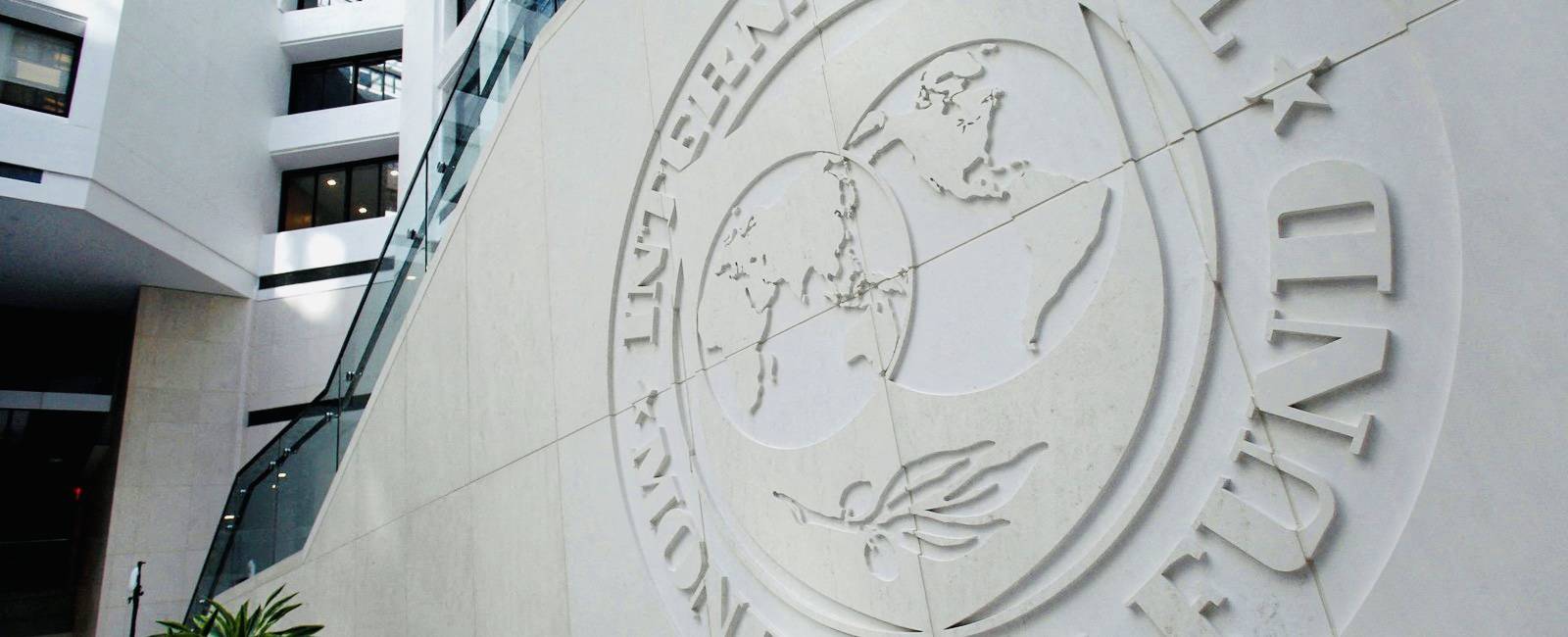The International Monetary Fund (IMF) announced on Thursday that it had achieved an agreement with Pakistan to revive a loan program that had been suspended and would pump $1.17 billion into the struggling nation's economy.
According to an IMF statement, a "staff level agreement" will boost the amount distributed under an extended fund facility (EFF) to $4.2 billion, with the potential to rise to $7 billion and last until June of the following year. This agreement is still subject to board approval.
Imran Khan, a former prime minister, approved a $6 billion bailout deal in 2019, but it constantly stalled because of his administration's violation of subsidy agreements and poor tax collection.
The new accord comes after Shehbaz Sharif's administration, which entered office in April and has virtually eliminated fuel subsidies and instituted new measures to increase the tax base, spent months making extremely unpopular budget cuts.
The IMF team's leader, Nathan Porter, stated in a statement that "Pakistan is at a challenging economic juncture" and added that both foreign forces and domestic policy were to blame.
To satisfy the demands of international financial institutions, the new administration has drastically reduced a number of subsidies, but by doing so, it runs the risk of angering the populace, which is already suffering from double-digit inflation.
Khan was overthrown by a parliamentary no-confidence vote, and a new coalition government took office after that. The coalition has promised to make the difficult choices necessary to revive the economy.
The price of electricity has increased, thus ending the subsidies introduced by Khan, and three fuel price increases of a cumulative 50 percent have been enforced by Prime Minister Shehbaz in an effort to obtain the IMF loan.
Islamabad has already received $3 billion from the initiative, but officials requested an extension until June 2023 because the facility is set to close later this year.
Economic experts contacted by Geo.tv agreed that the government's harsh choices had contributed to its success in negotiating the deal with the IMF.
The agreement required "a lot of hard effort," according to development economist Maha Rahman.
"It was necessary to make difficult choices that will have a domino effect on inflation and purchasing power. However, it is a comfort that the choice has been made "She spoke to Geo.
Rahman acknowledged that despite this, it is one of those difficult pills to take that one wishes they didn't have to.
To start weaning Pakistan off the IMF and other external assistance, she stated, "We need to start boosting domestic productivity."
"An end to the economic uncertainties"
The agreement, according to Uzair Younus, head of the Pakistan Initiative at the South Asia Center of the Atlantic Council, will calm markets and put a "end to the uncertainty crippling Pakistan's economy."
Younus pointed out that even if the disbursement will need to wait for Board approval, it is obvious that the government had to make difficult decisions in order to come to the agreement.
According to Alpha Beta Core CEO Khurram Schehzad, the IMF and Pakistan have struck a staff-level agreement that is "something substantial" and will increase Islamabad's foreign exchange reserves in the coming days.
As soon as Pakistan receives the loan from the Fund, according to Schehzad, it will open the door for donations from friendly nations like Saudi Arabia and others.
In view of the new events, he continued, Saudi Arabia might supply Pakistan with oil on a payment plan, which would assist the nation increase its foreign exchange reserves.
It was encouraging to see that Pakistan and the IMF had reached a staff-level agreement that cleared the way for the completion of the 7th and 8th reviews, according to economist Dr. Khaqan Hassan Najeeb.
According to the economic expert, "one expects that this would calm the FX and Euro bonds market, which has been fairly restless over the previous few months."
Najeeb pointed out that Pakistan has made significant progress in approving the budget, demonstrating sound fiscal consolidation, and tightening monetary policy to control inflation in the nation.
However, he added, Pakistan still has a lot of work to do, including ensuring the execution of fiscal reforms, particularly on the revenue side, as have been described in the budget.
According to him, "[they] include ensuring that] the monetary policy stays in front of the curve and that the increasing circular debt of Rs800 billion attained in FY22 in the electricity sector is limited as we move into FY23."
In general, he said, "the country must be able to achieve not only the preceding requirements but also the ongoing structural benchmarks, the indicative targets, and the performance standards agreed with the Fund so that not only the Fund money but also from ADB and other institutions start streaming in.
He continued, "All this ought to assist increase Pakistan's foreign exchange reserves, which have dipped below $10 billion."




No comments yet
Be the first to share your thoughts!